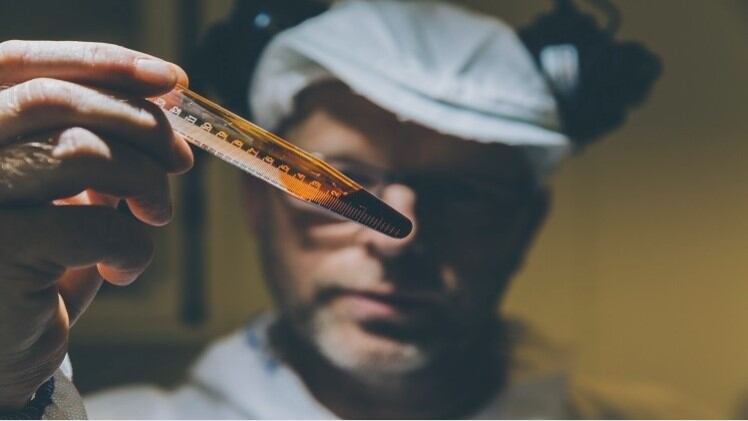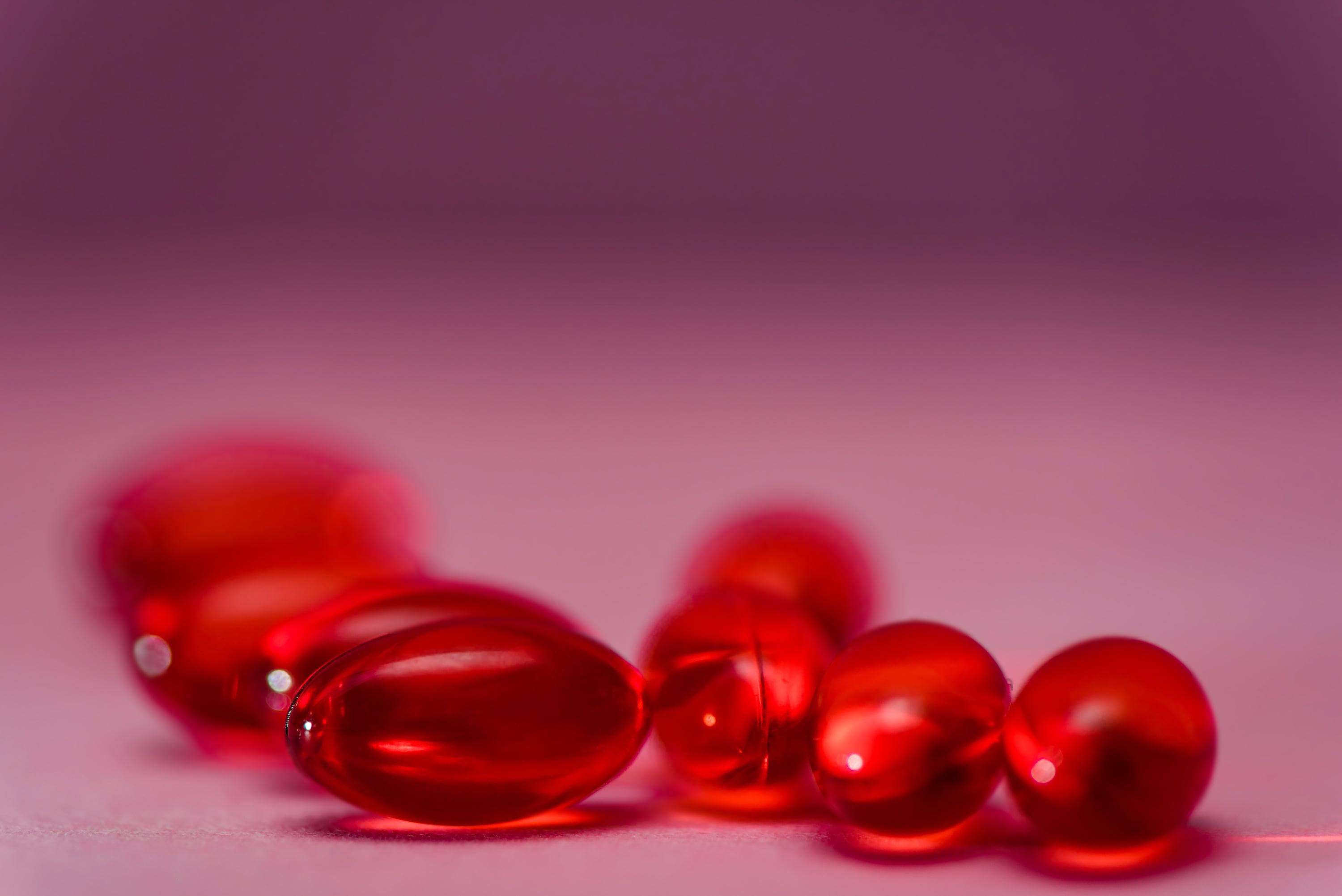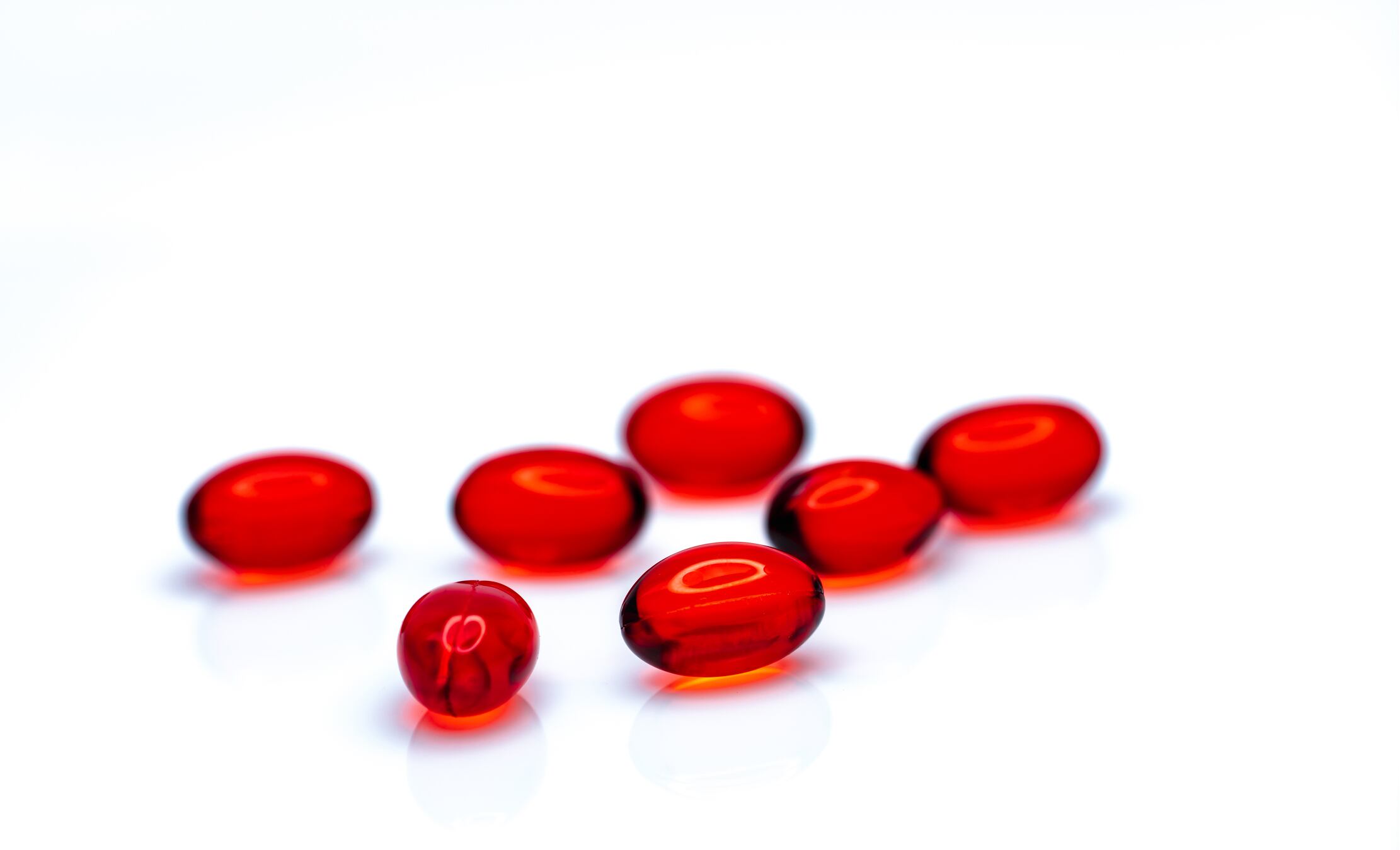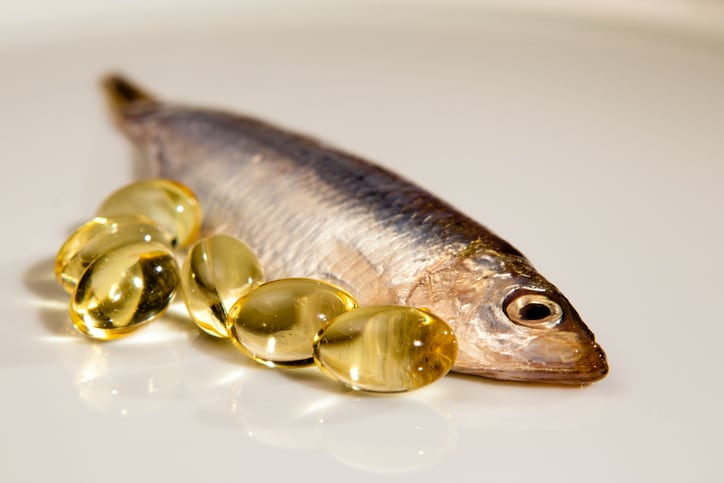The Norway-based team shows calanus oil supplementation led to overrepresentation of Lactobacillus and Streptococcus - two strains often linked with weight loss, and anti-inflammation.
Consumption of the oil also led to an underrepresentation of Bilophila, a genus shown to increase upon consumption of diets rich in saturated animal fats and linked to inflammatory bowel disease.
“The fact that calanus oil supplementation shows a benefit in gut microbiota just adds to the list of benefits we have documented,” says Alice Marie Pedersen, head of science at Calanus, the Norwegian firm that contributed the oil used in the study as well as a study team member.
“And even more interestingly, these findings have provided more ideas about the mechanisms of action of Calanus Oil.”
Compared to other marine oils, calanus oil is relatively low in long-chain omega-3 polyunsaturated fatty acids, eicosapentaenoic acid (EPA) and docosahexaenoic acid (DHA).
However, the oil is relatively rich in stearidonic acid, the precursor of EPA and DHA. Around 11% of the fatty acids present in the oil are (long-chain) monounsaturated fatty acids (MUFA).
Studies looking into omega-3 polyunsaturated fatty acid supplements to both healthy and obese individuals revealed decreases in Faecalibacterium.
This highly abundant human gut microbe is often linked with an increase in the Bacteroidetes and butyrate-producing bacteria of the Lachnospiraceae family.
More studies report that dietary supplementation with a small amount (2%) of oil from the North Atlantic Ocean shrimp C. finmarchicus reduced intra-abdominal and ectopic fat deposition.
Study details
Along with colleagues from the Czech Academy of Sciences, the team took seven-week old mice and introduced them to a High-Fat Diet (HFD) for 12 weeks to induce obesity.
This regimen was followed by eight weeks supplementation with 2% calanus oil and also the introduction of a comparison group, in which another group of mice was treated with exenatide, a medication that can counter the onset of obesity.
The mice were fed a normal chow diet (NCD) or a non-supplemented HFD for 20 weeks, which served as lean and obese controls, respectively. Analysis of faecal samples from the colon was also carried out.
The research team found a HFD increased the abundance of the Lactococcus and Leuconostoc genera when compared to NCD, while decreased numbers of Oscillospira and Allobaculum, a health-promoting short-chain fatty acid (SCFA) producing bacteria, was also noted.
Exenatide prevented the HFD-induced increase in Lactococcus and caused a decrease in the abundance of Streptococcus compared to the HFD group.
“A high-fat diet altered the gut microbiota composition in an unhealthy direction by increasing the abundance of pro-inflammatory genera, while reducing those considered health-promoting,” the team states. “These obesity-induced changes were antagonized by both calanus oil and exenatide.”
High Lactobacillus levels
Commenting on their findings the team adds that while dietary oil from C. finmarchicus was not able to restore the microbiota composition to that of the lean control group, it resulted in a relatively high abundance of Lactobacillus and reduced the abundance of Bilophila.
“Treatment with exenatide partly restored the bacterial profile found in the lean control group and seemed to reduce the abundance of Streptococcus and Lactococcus, which are both considered pathogenic,” the team highlights.
“These data confirm our hypothesis, namely that dietary supplementation with the anti-obesogenic calanus oil is able to antagonise the unfavourable changes in the gut microbiota induced by high-fat feeding.”
Source: Nutrition Research
Published online: doi.org/10.1016/j.nutres.2020.09.002
“Obesity-induced alterations in the gut microbiome in female mice fed a high-fat diet are antagonized by dietary supplementation with a novel, wax ester-rich, marine oil.”
Authors: Pauke Schots et al.




